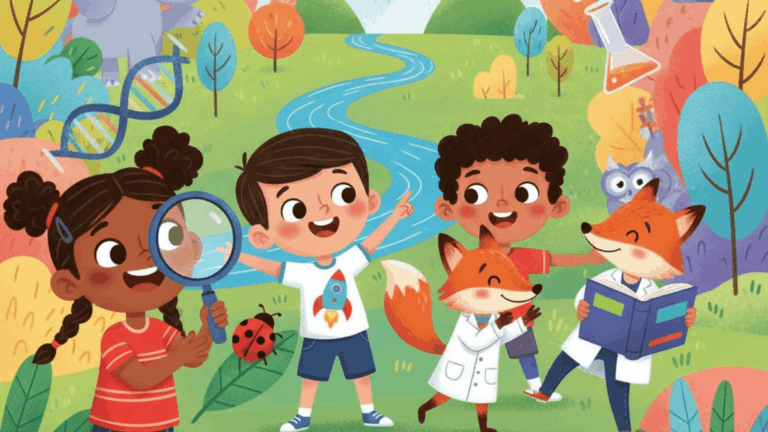Children’s brains function like absorption mechanisms, continuously processing information while forming neural connections. Mothers encounter numerous daily opportunities supporting children’s intellectual development through engaging activities resembling play rather than formal education. Success involves selecting activities that challenge various cognitive abilities while maintaining entertainment and motivation.
Memory Games That Build Cognitive Strength
Memory activities function as exceptional cognitive training tools that enhance focus duration and retention capabilities. Begin with basic matching exercises using common household objects such as utensils, containers, or colorful building pieces.
Arrange multiple items on a surface, allow your child to study them for thirty seconds, then conceal the display and request they recall what they observed. Progressively add more objects as their abilities develop. Another effective memory exercise involves collaborative narrative building. Launch a tale with a single sentence, then have your child contribute the following sentence while restating yours.
Continue developing the narrative, with each participant reciting all preceding sentences before contributing their addition. This practice reinforces both retention skills and imaginative thinking while fostering meaningful parent-child connections.
Puzzle Challenges for Problem-Solving Skills
Jigsaw puzzles represent effective spatial reasoning and patience development tools. Select age-appropriate puzzles providing sufficient challenge without creating frustration. While completing puzzles, children develop shape, color, and pattern analysis capabilities while building persistence and systematic thinking approaches.
Word puzzles provide additional opportunities for mental stimulation. Unscramble.me offers comprehensive scrambled word game collections helping children enhance vocabulary, spelling, and pattern recognition abilities. These digital activities can be customized matching reading levels and interests. This creates accessible and enjoyable learning experiences.
Creative Arts for Cognitive Development

Artistic activities engage multiple brain areas simultaneously. This enhances creativity while strengthening fine motor capabilities and visual processing. Provide diverse materials including;
- Crayons
- Markers
- Clay
- Construction paper
Encourage unrestricted creation rather than prescriptive instruction. Observational drawing teaches detail recognition and dimensional translation skills. Musical activities provide comparable brain development benefits.
Singing, rhythm activities, and basic instrument playing help children comprehend patterns, enhance memory, and develop auditory processing capabilities. Even creating improvised songs regarding daily activities enhances language development while increasing routine engagement.
Nature Exploration Adventures
Outdoor discovery offers unlimited possibilities for scientific reasoning and observational abilities. Embark on nature expeditions where children gather foliage, stones, or blossoms. Organize and classify their collections once home. This practice develops categorization skills while fostering inquisitiveness about the environment.
Design basic investigations using organic materials. Cultivate seeds under varying circumstances to monitor development patterns, or gather precipitation to track rainfall amounts. These tactile experiences introduce scientific principles while building skills in forming predictions and making detailed observations.
Strategic Games for Critical Thinking
Board games and card games develop strategic thinking, planning, and social capabilities concurrently. Activities including chess, checkers, or basic card games require anticipatory thinking, consequence evaluation, and strategy adaptation, responding to changing circumstances.
Collaborative cooking provides additional mathematical thinking and sequential instruction following opportunities. Ingredient measurement introduces fractional concepts and volume understanding, while recipe following develops reading comprehension and logical sequencing abilities.
Endnote
These simple activities transform ordinary moments into powerful learning opportunities while strengthening the mother-child bond. By making mental stimulation a natural part of daily life, you’re giving your child curiosity, resilience, and critical thinking skills that will serve them throughout their academic journey and beyond.
















